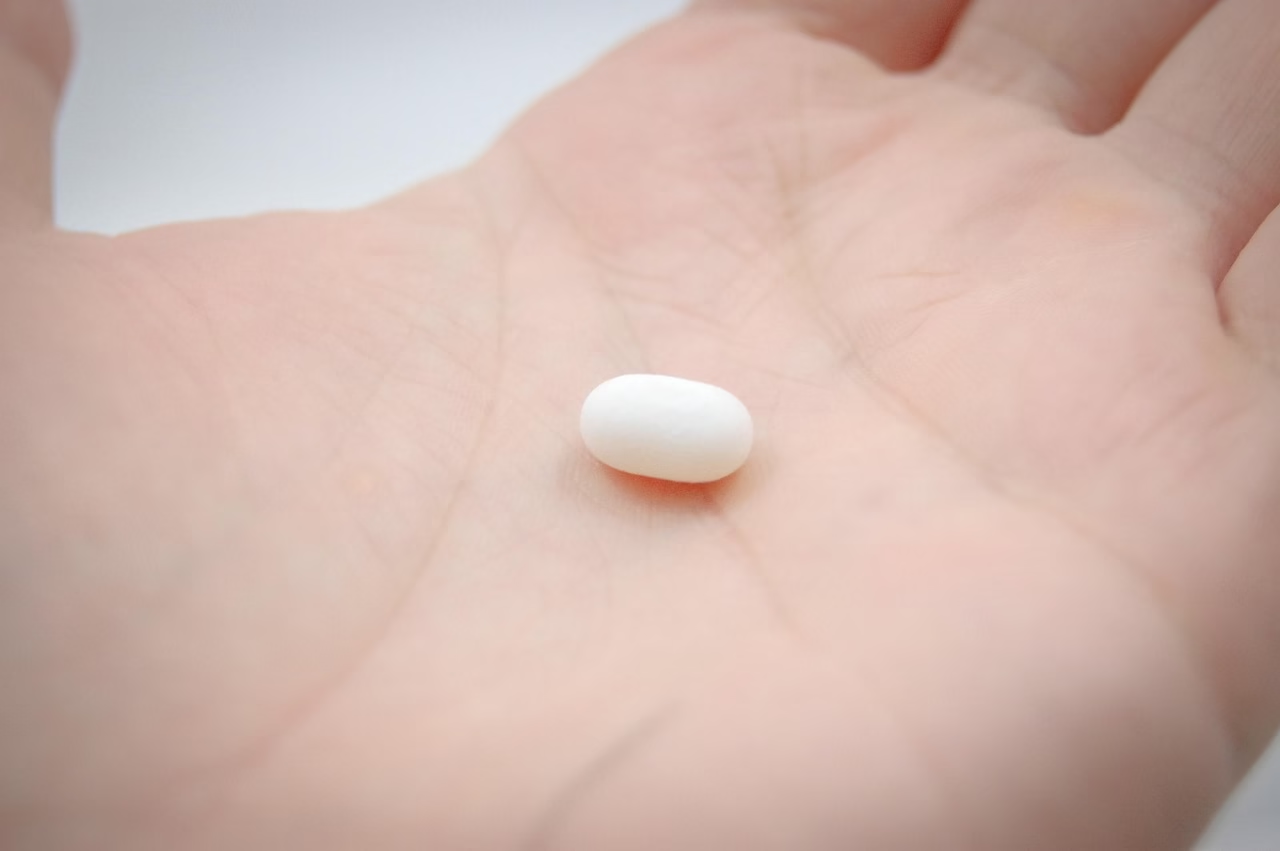
The Rise of Microdosing Weight-Loss Drugs: Does It Really Work?
A growing number of individuals are turning to microdosing weight-loss medications in an effort to manage their weight with minimal side effects. This approach, which involves taking significantly lower doses of drugs like semaglutide (Ozempic, Wegovy) and tirzepatide (Mounjaro), is gaining traction among those who seek a gentler, more sustainable way to shed pounds. But does microdosing these medications actually yield meaningful results?

What Is Microdosing for Weight Loss?
Microdosing typically refers to taking a fraction of the standard therapeutic dose of a medication. In the context of weight-loss drugs, proponents of microdosing argue that it can help mitigate common side effects such as nausea, digestive issues, and fatigue while still providing some level of appetite control and metabolic benefits. Unlike the standard prescribed doses, which are designed to deliver rapid weight loss, microdosing aims to create a more gradual and potentially long-term approach to weight management.
The Science Behind Microdosing Weight-Loss Medications
Semaglutide and tirzepatide belong to a class of drugs known as GLP-1 receptor agonists, which mimic hormones that regulate blood sugar and appetite. Clinical trials have shown that these drugs can lead to significant weight loss when taken at full doses. However, research on the effectiveness of microdosing these medications is limited.
Experts suggest that while lower doses may still provide some benefits, they may not be sufficient to trigger the full metabolic and appetite-suppressing effects observed in higher-dose studies. Additionally, there is little evidence to indicate whether microdosing maintains long-term efficacy or simply delays weight regain once the medication is stopped.
Why Are People Turning to Microdosing?
Despite the lack of concrete scientific backing, microdosing is appealing for several reasons:
Reduced Side Effects: Many people struggle with the nausea, gastrointestinal discomfort, and fatigue that often accompany full doses of weight-loss medications. A lower dose may help individuals tolerate the drug better.
Cost Considerations: These medications can be expensive, and insurance coverage is inconsistent. By taking smaller amounts, users may extend the lifespan of their prescriptions, making them more affordable.
A More Natural Transition: Some users feel that microdosing aligns better with a holistic, lifestyle-based approach to weight management rather than relying on medication as a primary solution.
Microdosing weight-loss drugs may offer some advantages, particularly in terms of reducing side effects and making treatment more accessible. However, without robust clinical evidence, it remains uncertain whether this approach provides meaningful, sustainable weight loss. Anyone considering microdosing should consult a healthcare provider to assess whether this strategy aligns with their health goals and medical history.
Connect with us and our provider can help you navigate the process.

Leave a Reply